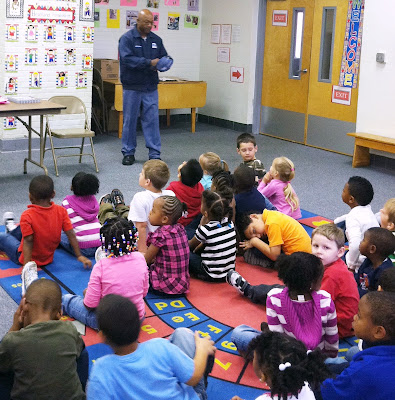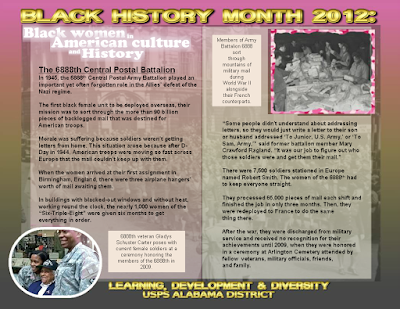McKinstry has written a book entitled While the World Watched, which is about what her life has been like as a survivor of the infamous Sixteenth Street Baptist Church bombing that took place on September 15, 1963, in Birmingham, Alabama, when she was just 14 years old.
In 1963, Birmingham (or “Bombingham,” as it came to be widely known) was the most segregated city in the United States. “At the time of the Sixteenth Street bombing, there were already 60 other unsolved local bombings,” said McKinstry.
Immediately before the explosion at the church, it was Carolyn who had answered the office telephone when it rang. A man’s voice told her, “You have three minutes.”
He had been mistaken: the blast happened seconds later. Four of her friends were killed.
The planned lesson for that Youth Day had been A Love that Forgives.
The planned lesson for that Youth Day had been A Love that Forgives.
Earlier that same year, she had participated in the Children’s Crusade in downtown Birmingham, where black youth were fire-hosed, attacked by police dogs, and arrested. “Hoses were used because Bull Connor had heard that they were powerful enough to break people’s legs,” McKinstry said.
In 1964, the house across the street from her family home was bombed. “At age 15, after the second bombing, I was convinced that this was how I was going to die.”
In 1964, the house across the street from her family home was bombed. “At age 15, after the second bombing, I was convinced that this was how I was going to die.”
In the 8th grade that year, she won the state spelling bee. “But I could not go to the national competition because of my skin color,” she said. “I asked God, ‘Why did you make me this color if it is going to be a problem?’”
The culmination of these events and many others that happened to Carolyn in the 10-year period before she was 21 years old left a poisonous legacy. After the bombing, she suffered from severe depression for 20 years “before we had a name for it,” because of the hatred that surrounded her.
The culmination of these events and many others that happened to Carolyn in the 10-year period before she was 21 years old left a poisonous legacy. After the bombing, she suffered from severe depression for 20 years “before we had a name for it,” because of the hatred that surrounded her.
“It’s confusing, being told to love your neighbor when you’re being bombed, killed, and abused. Are we reading the same book?” McKinstry said. “Because I was born brown, someone could kill my friends, and for 14 years, nothing happened? My depression stemmed from that.”
After years of coping with the effects of terrorism and oppression, McKinstry asked herself, “What am I supposed to do?”
The answer was for her to embrace the path of love and reconciliation and to become an activist, speaker, and author. She earned her Masters in Divinity degree from Sanford University, has spoken worldwide about her experiences, and serves on numerous civic and charitable boards. Currently, she is an appointee on the governor’s committee charged with rewriting the antiquated Alabama Constitution. McKinstry has not allowed health concerns to slow her down. “I am on a mission,” she said.
In 2002, she was at long last called to testify in the trial of Bobby Cherry, who was one of the four men responsible for the Sixteenth Street Church bombing. He was convicted of four counts of murder.






















